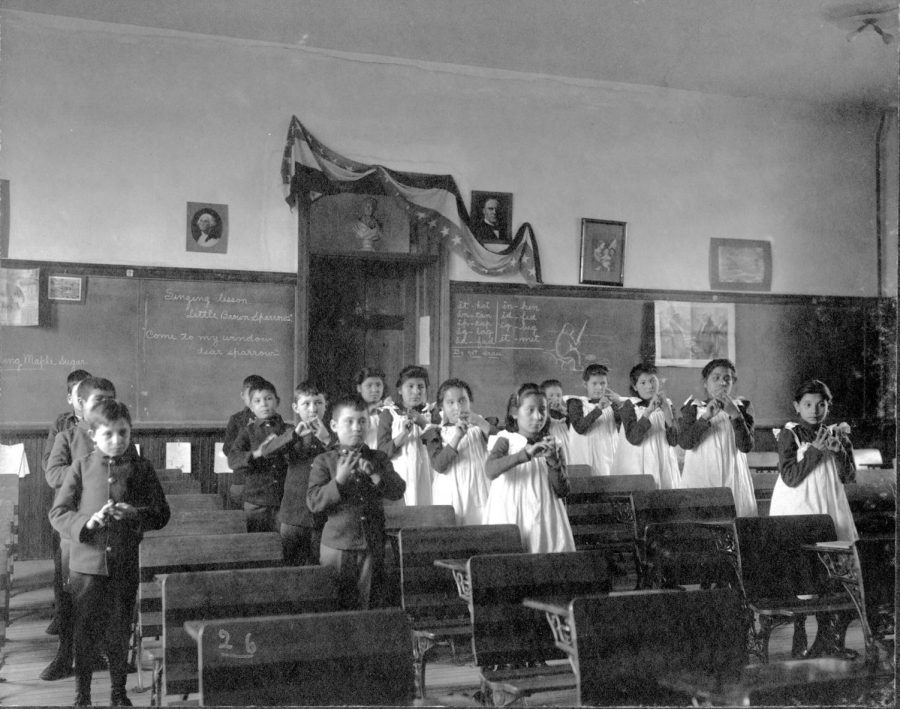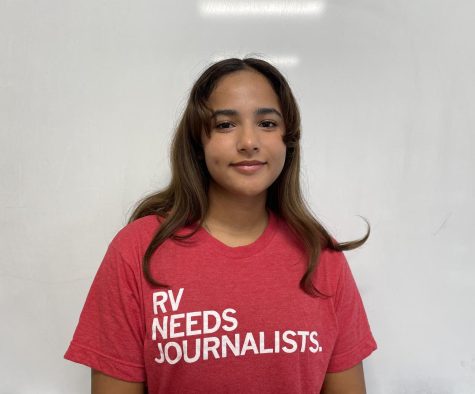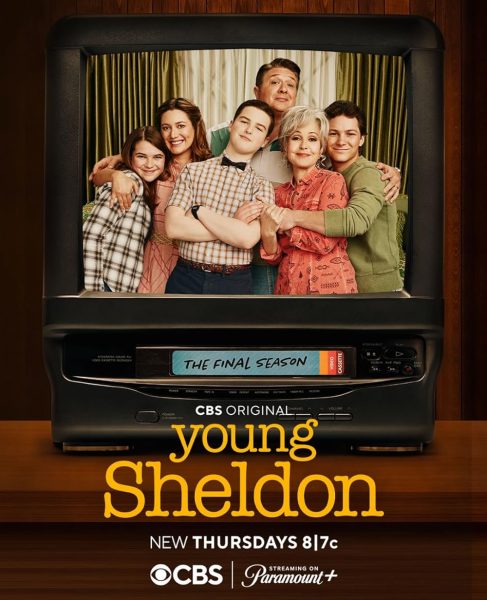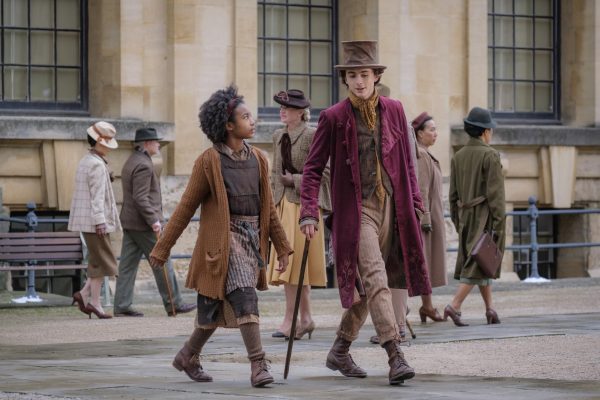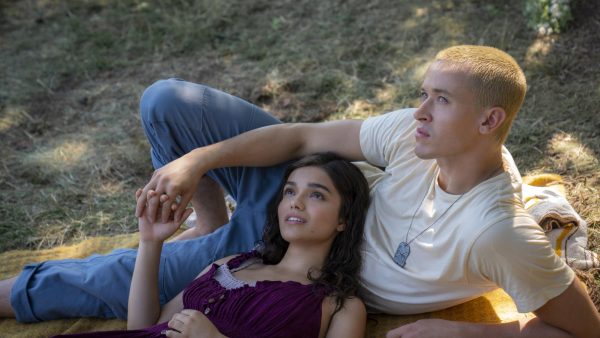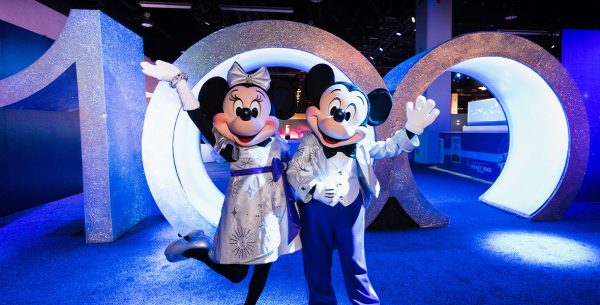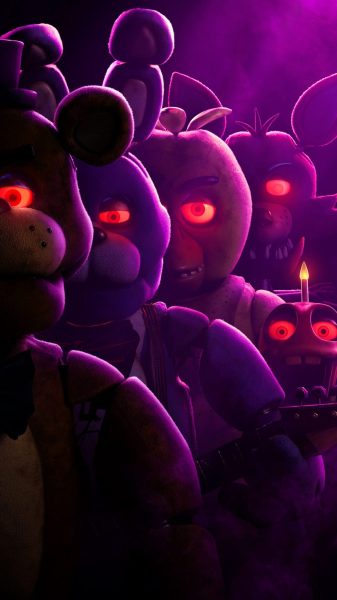SCOTUS weighs merits of ICWA this summer
The Supreme Court is currently considering repealing an act that ensures that Native American children are kept within Native American tribes
Photo courtesy of the National Museum of the American Indian
Young American Indian children learn to sing a song at the Carlisle Indian Industrial School
May 15, 2023
Since the colonization of the Americas, Native American children and their family structure have been under the threat of separation. This intentional removal of Native children was an attempt at cultural erasure and to assimilate them to white American culture. These boarding or residential schools were open in the US from 1819 to the 1970’s and were often cruel and abusive.
According to Time, “The U.S. ran or supported 408 boarding schools…Students endured ‘rampant physical, sexual, and emotional abuse,’ and the report recorded more than 500 deaths of Native children.” Although the total number is unknown, the National Native American Boarding School Healing Coalition estimated that by the early 1900’s, over 20,000 children were taken. It was only around 1978 when ICWA was passed.
The acronym ICWA stands for the Indian Child Welfare Act, and it ensures that Native American children were not wrongfully taken from their homes or tribes. Prior to this act, Native children were taken into local and state-wide foster care systems disproportionately to other children, often with no signs of abuse. Enacted 1978, this law ensured that Native children fell under tribal courts jurisdiction, allowing for their children to still be a part of their culture.
The problems arose back in November 2022 from the Supreme Court reviewing Brackeen v. Haaland, which brought into question if ICWA was unconstitutionally discriminating on the basis of race. A couple unsuccessfully tried to adopt an Indigenous child and are fighting against the law under the basis that Indigenous children shouldn’t have so many restrictions as to where they can be placed.
Although their intentions may be noble, the fact of the matter at the heart of this case is that there was an attempt at cultural erasure, and many scholars point to ICWA as an effective means of protecting Native American ways of life.
As Circling Eagle Law states, “..if the Supreme Court makes the decision to overturn the ICWA, states would regain the control to remove Native children from their families. This would put the overall existence and longevity of tribes at risk.”
The Supreme Court’s final decision will be announced July 1 2023.
Many Native groups have joined together to fight against this decision, including the Lakota People and the people of the First Nations, who, with several other groups, created the Protect ICWA Campaign to raise awareness on the matter.
“The repeal of this act could deplete Native culture,” said senior Lorena Wilson. “It’s sick that the government is focusing on an issue such as this rather than some bigger issues like global warming or gun control. Also, repealing this act would create a more hostile environment for Native American children.”
If ICWA is repealed it would arguably restrict Indigenous people from having a say in the well-being of their tribe’s children.

